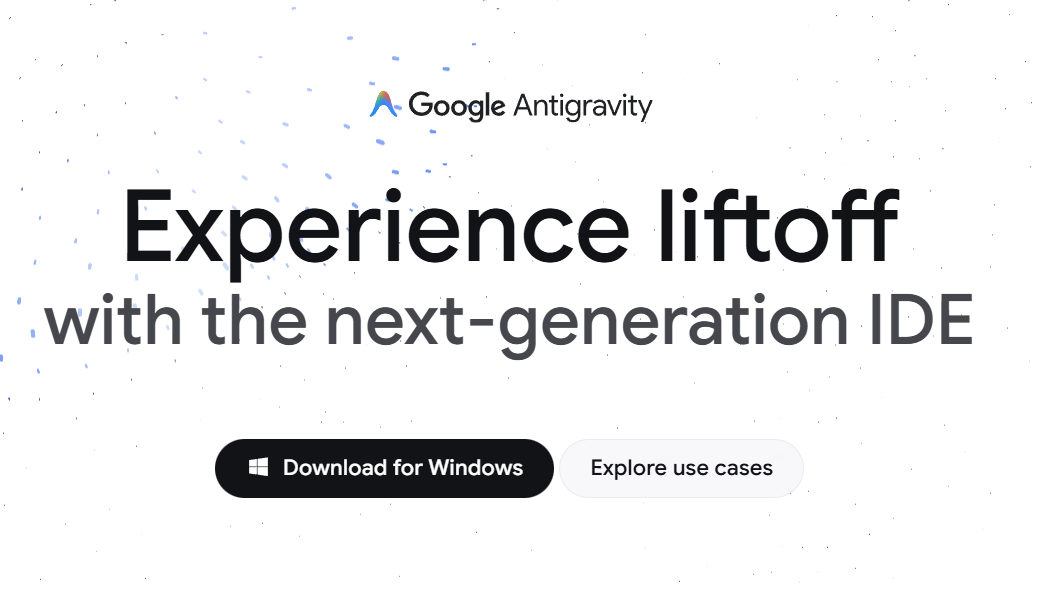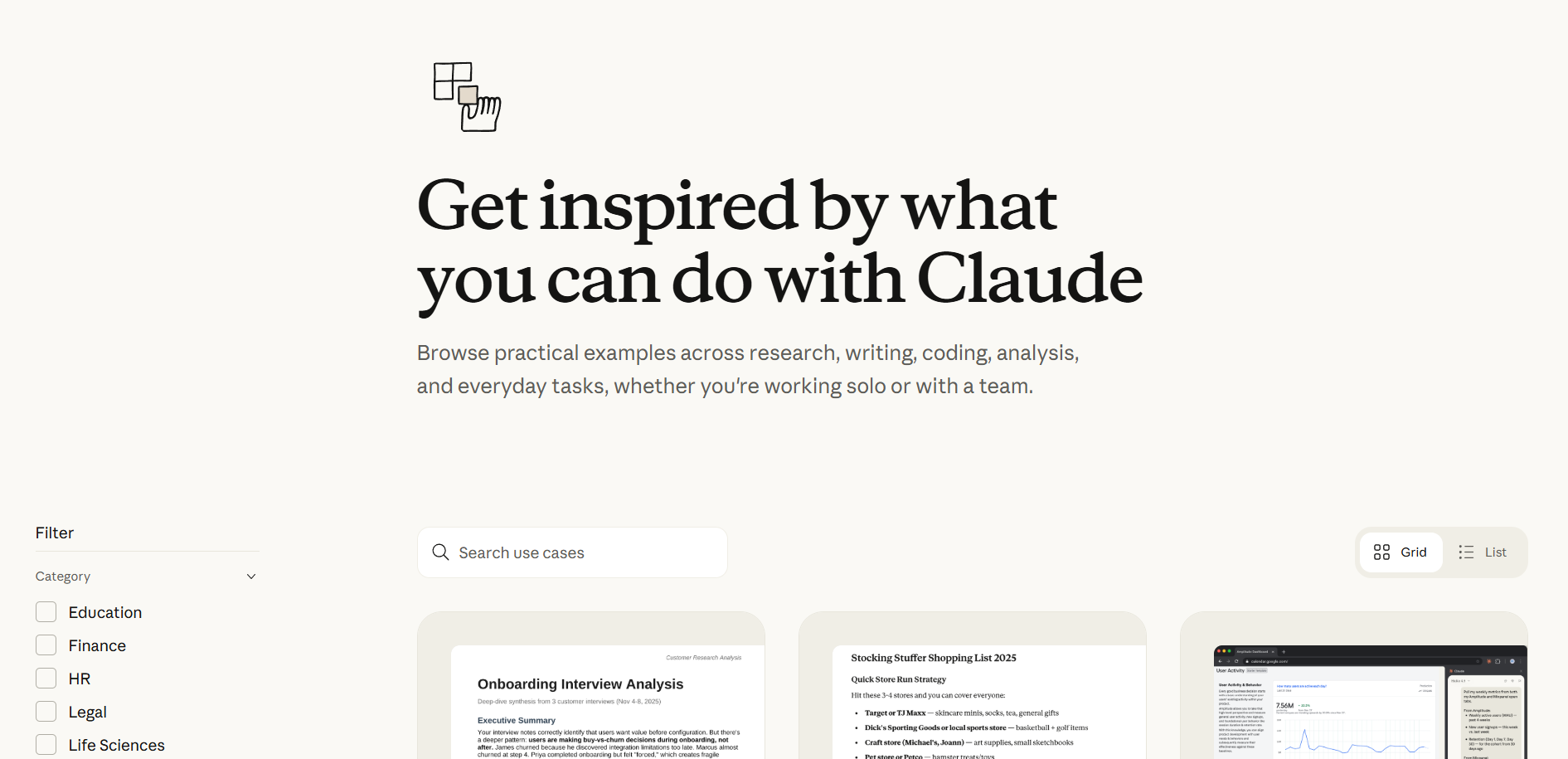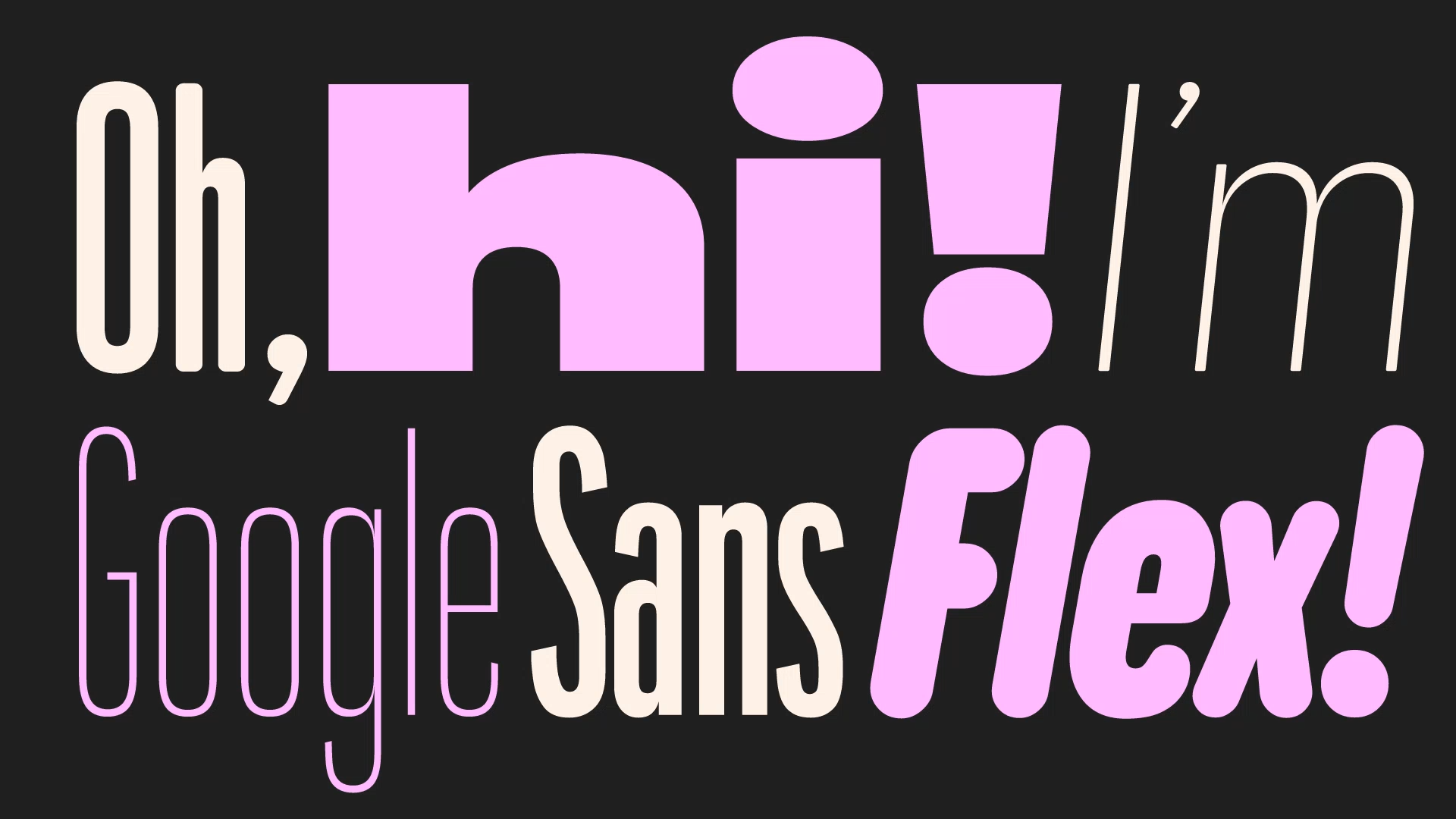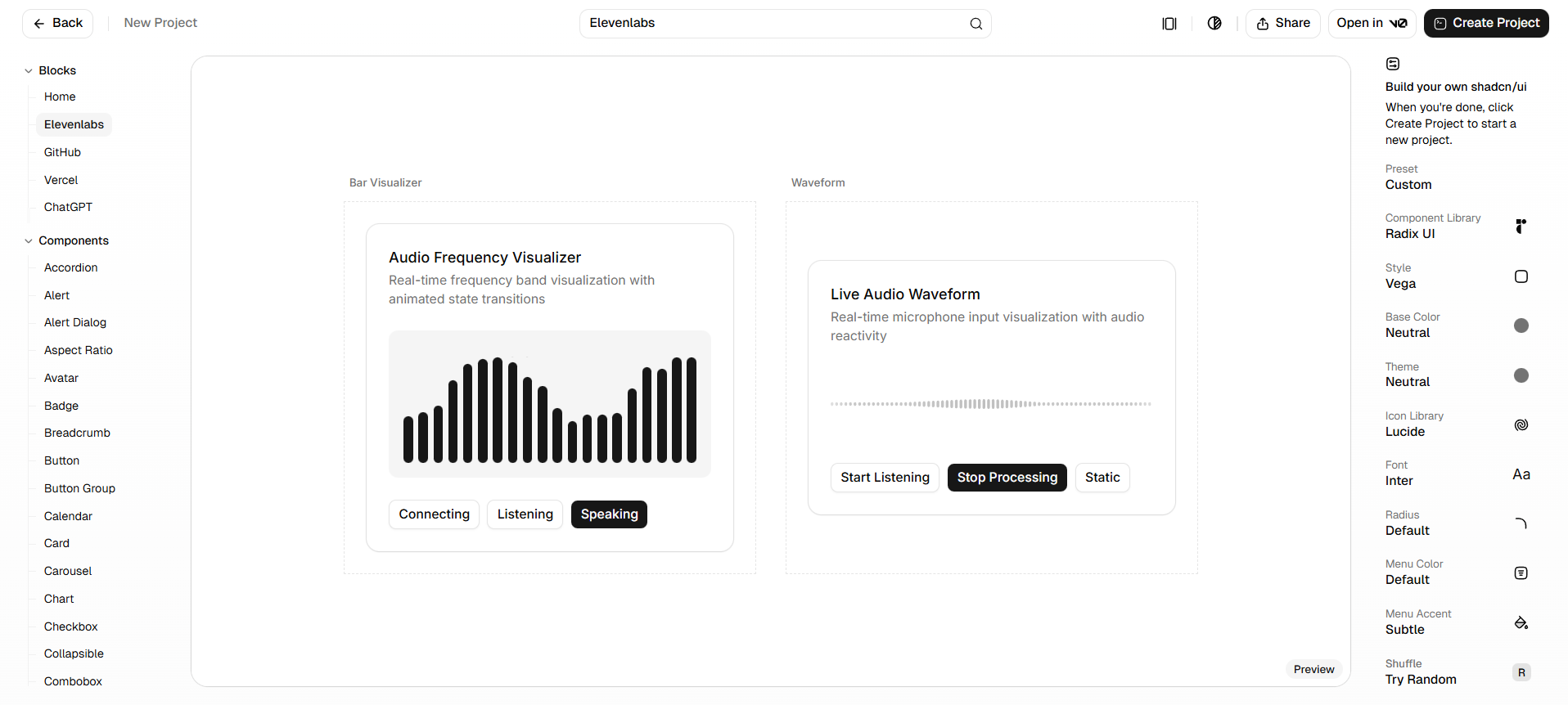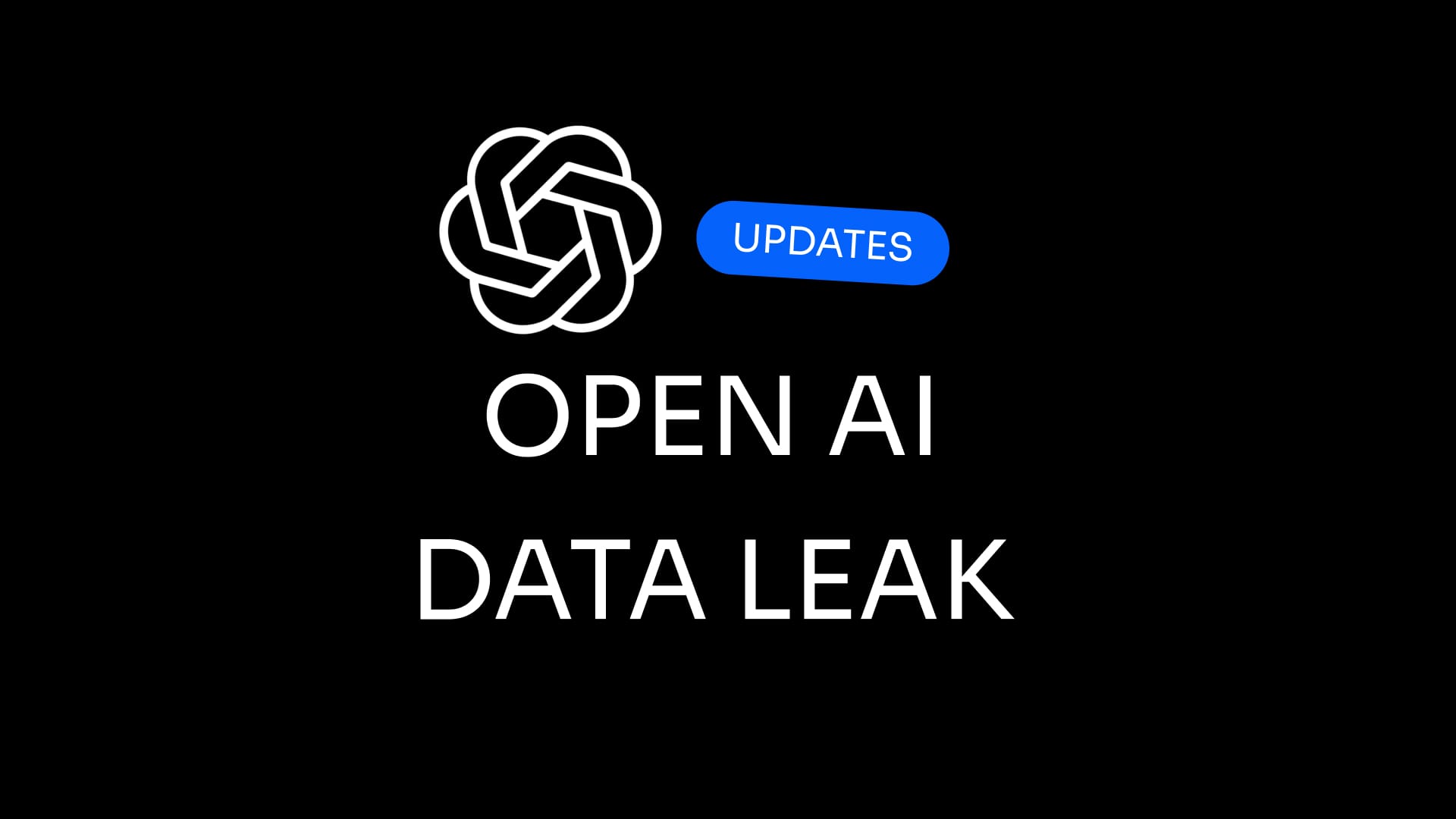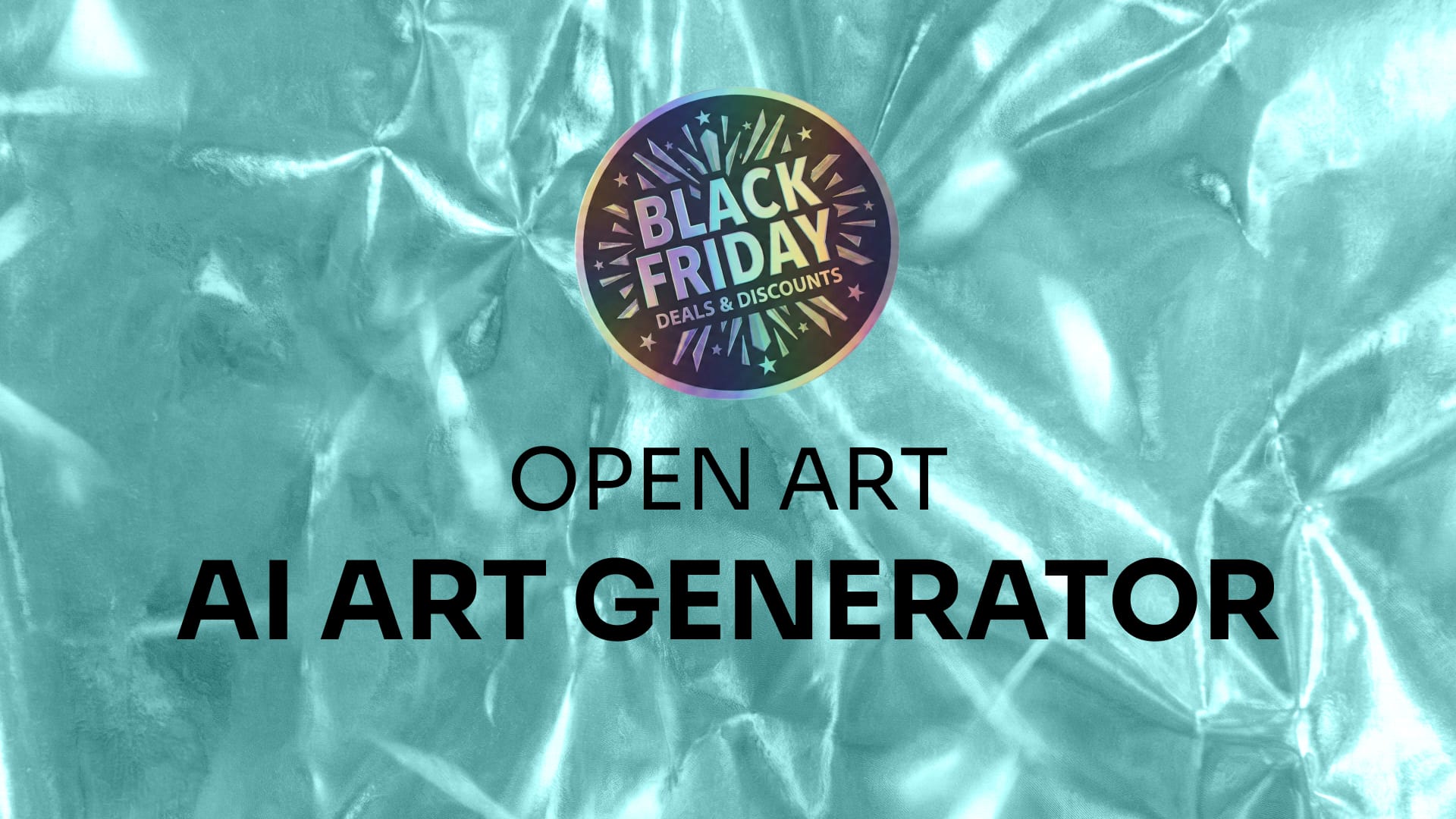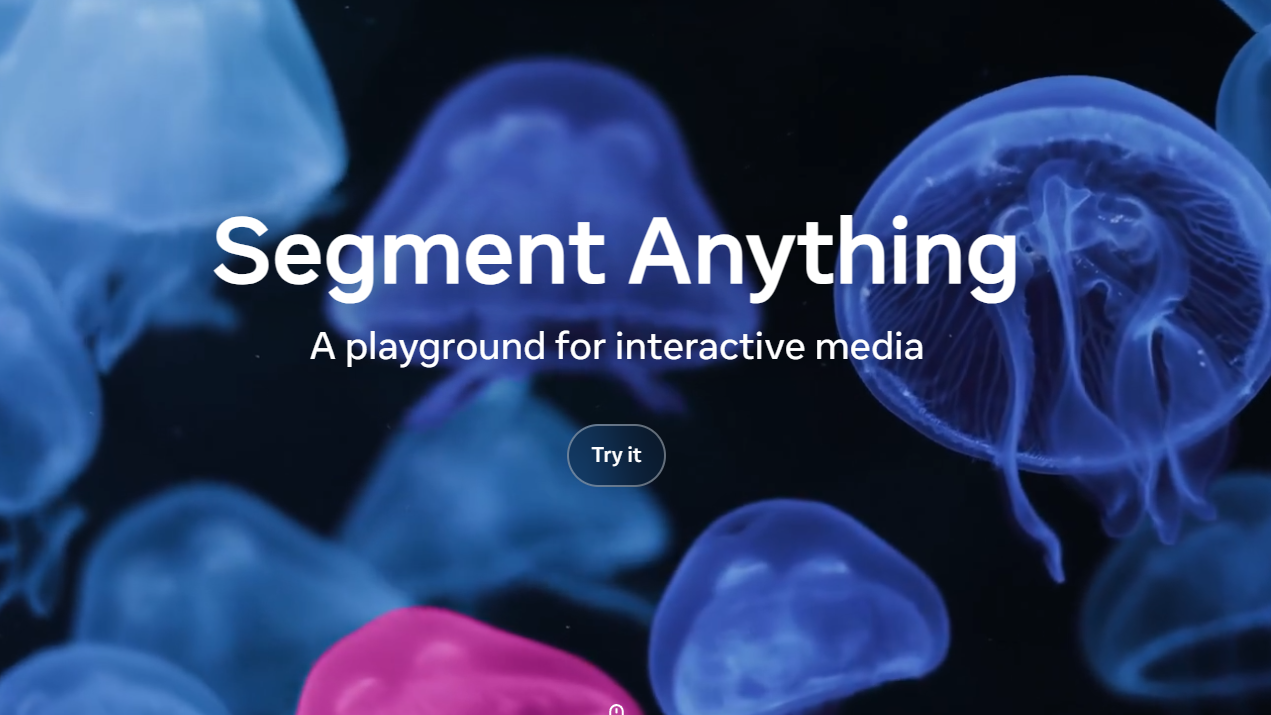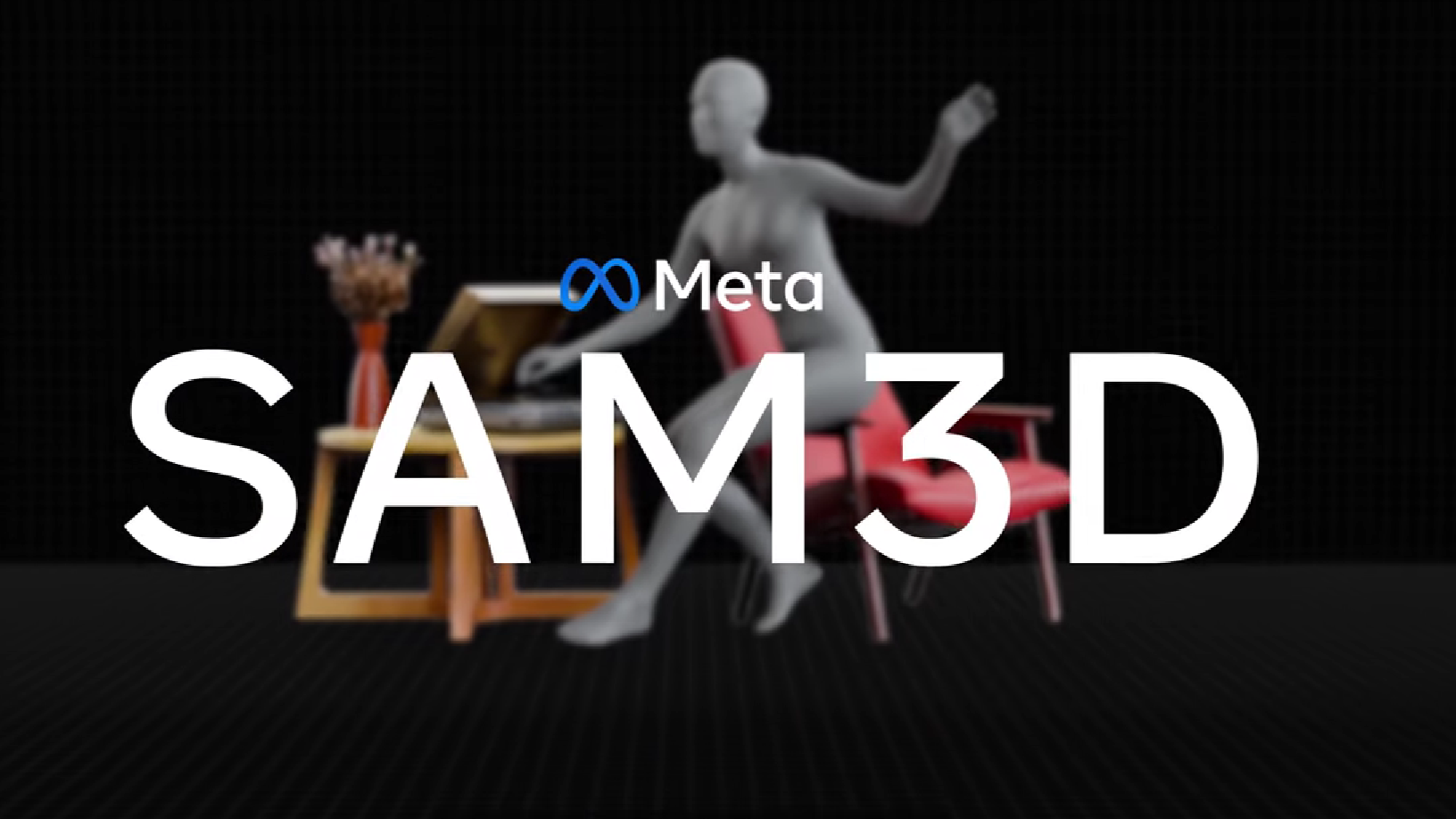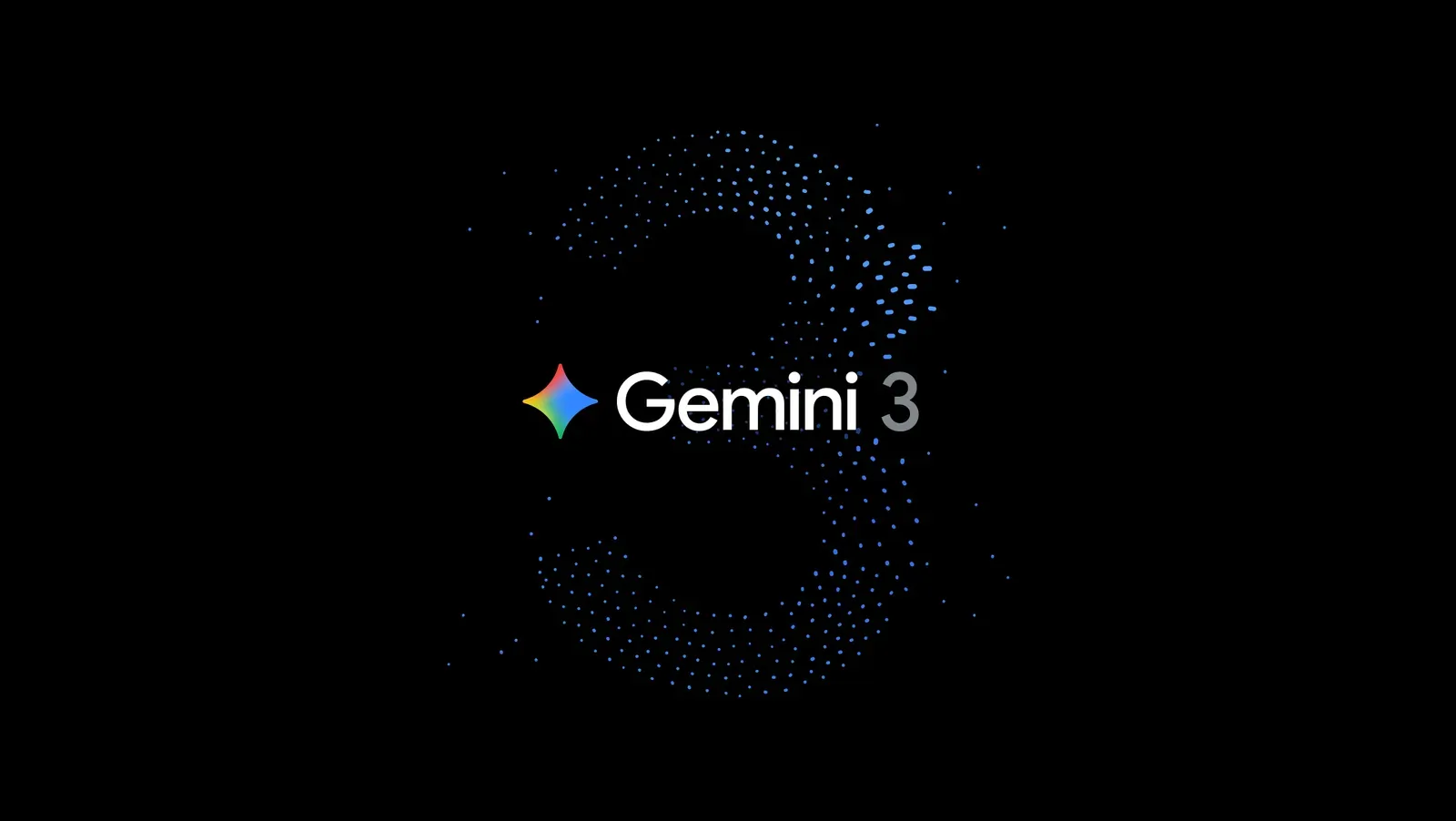Google launched Antigravity on Tuesday, a free AI-powered development platform that positions autonomous agents as architects of code rather than simple assistants, marking the company's aggressive entry into the competitive AI coding tools market. The platform debuts during a public preview period with no charge and generous rate limits that reset every five hours, offering developers free access to Gemini 3 Pro inference.
The announcement comes as Google directly challenges established players like Cursor and emerging tools in the rapidly evolving AI development environment space. Antigravity transforms the traditional coding experience by elevating AI agents to a dedicated surface with direct access to the editor, terminal, and browser, enabling them to autonomously plan and execute complex end-to-end software tasks.
Agent-First Architecture

Antigravity introduces an agent manager as a separate window outside the traditional editor interface, allowing developers to act as architects while intelligent agents operate autonomously across multiple workspaces. The platform creates individual workspaces for each project, enabling developers to parallelize between different tasks through an inbox-style interface where agents communicate their work via detailed artifacts.

The artifacts system produces task lists, plans, screenshots, and browser recordings that verify both completed work and future actions, providing transparency into agent operations. During testing, the platform demonstrated its capability by autonomously building applications including generating visual assets through integrated image generation, a feature not commonly seen in competing tools.
Browser Control Integration
One of Antigravity's distinctive features is its deep browser control capability, leveraging Google's Chrome browser through a dedicated extension. The platform uses Gemini 2.5 Computer Use model specifically designed for browser automation, allowing agents to validate their own code by opening browser windows, taking screenshots, and recording gameplay reels during verification processes.

In demonstrations, Antigravity successfully created a functional aquarium simulation game using Three.js in a single attempt, complete with AI-generated visual assets for fish, food pellets, and coins. The same task reportedly took competing tools like Claude Opus with significantly more tokens and time without achieving comparable results.
Technical Foundation
The platform tightly integrates Gemini 3 Pro alongside Gemini 2.5 Computer Use for browser control and Nano Banana (Gemini 2.5 Image), Google's image editing model. Antigravity is built on a Visual Studio Code OSS fork, utilizing the Open VSX marketplace for extensions. Code analysis reveals references to "Cascade," the agent system from Windsurf, suggesting Google incorporated technology from talent acquired in its $2.4 billion deal that brought Windsurf's CEO Varun Mohan and core team members to Google earlier this year.
Google structured the Windsurf deal as a reverse acquihire focused on securing elite AI engineering talent, while Cognition AI separately acquired Windsurf's product, brand, and 350-plus enterprise customers generating $82 million in annual recurring revenue. This complex three-way transaction demonstrates how major AI companies are strategically fragmenting acquisitions to secure specific value components.
Some Use cases from google
Pricing and Availability
Antigravity is available immediately in free public preview for MacOS, Windows, and Linux platforms through the official website at antigravity.google. The preview period offers access to Gemini 3 Pro with rate limits that Google states most users should never encounter, though some early testers reported hitting limits during extended usage.
For developers requiring API access beyond the free preview, Gemini 3 Pro pricing starts at $2 per million input tokens and $12 per million output tokens for prompts under 200,000 tokens through Google AI Studio and Vertex AI. The platform supports authentication through personal Google accounts, with workspace account support added following initial testing feedback.
Developer Experience
Early testing revealed a mixed experience with impressive capabilities alongside notable rough edges. Testers praised the one-shot generation quality for complex prompts, with Gemini 3 successfully creating functional applications on first attempts where competing models struggled. The agent manager's inbox-style interface and workspace separation received positive feedback for enabling task parallelization and reducing context-switching overhead.
However, early adopters encountered various issues including thread failures requiring conversation restarts, extension compatibility problems with frameworks like Svelte, inconsistent syntax highlighting, and UI rendering glitches in the review interface. The platform currently lacks git worktree support for parallelizing work within a single project, a feature testers identified as crucial for professional workflows.
Competitive Landscape
Antigravity enters a market where AI coding assistants are rapidly evolving from autocomplete tools to autonomous development partners. The platform differentiates itself through its agent-first philosophy, positioning the agent manager as the primary interface rather than embedding AI capabilities within the traditional editor. This architectural decision reflects Google's vision that developers should spend most time in an inbox-like environment managing agent workflows rather than writing code directly.
The platform integrates with Google's broader Gemini 3 ecosystem launched simultaneously across AI Studio, Vertex AI, Gemini CLI, and third-party platforms including Cursor, GitHub, JetBrains, Manus, Replit, and Cline. Comprehensive documentation including a Developer Guide and Prompting Guide specifically designed for Gemini 3 Pro supports developers adopting the platform.
Google CTO of DeepMind Koray Kavukcuoglu described Antigravity as representing a fundamental reimagining of developer experience as AI model intelligence accelerates, emphasizing the platform's role in enabling developers to operate at higher, task-oriented levels. The free preview period allows Google to gather real-world usage data while developers evaluate whether the agent-first approach delivers on its promise of transforming software development workflows.
Sources
- Google Blog - A new era of intelligence with Gemini 3
- Google Blog - Gemini 3 for developers: New reasoning, agentic capabilities
- The Verge - Google Antigravity is an 'agent-first' coding tool
- VentureBeat - Google Antigravity introduces agent-first architecture
- NewsBytes - Google launches Antigravity, a new AI coding tool
- OODALOOP - Google Antigravity is an 'agent-first' coding tool built for Gemini 3
- WebProNews - Google's Antigravity: Revolutionizing Coding with Gemini 3 Pro Agents
- Gianty - Windsurf In Billion-dollar Acquisition Deal
- Gunjan Doshi - The Windsurf Acquisition Saga: A Systems-Level Analysis
- Cognition AI - Cognition's acquisition of Windsurf
- Theo - t3․gg YouTube - Google just dropped their Cursor killer



